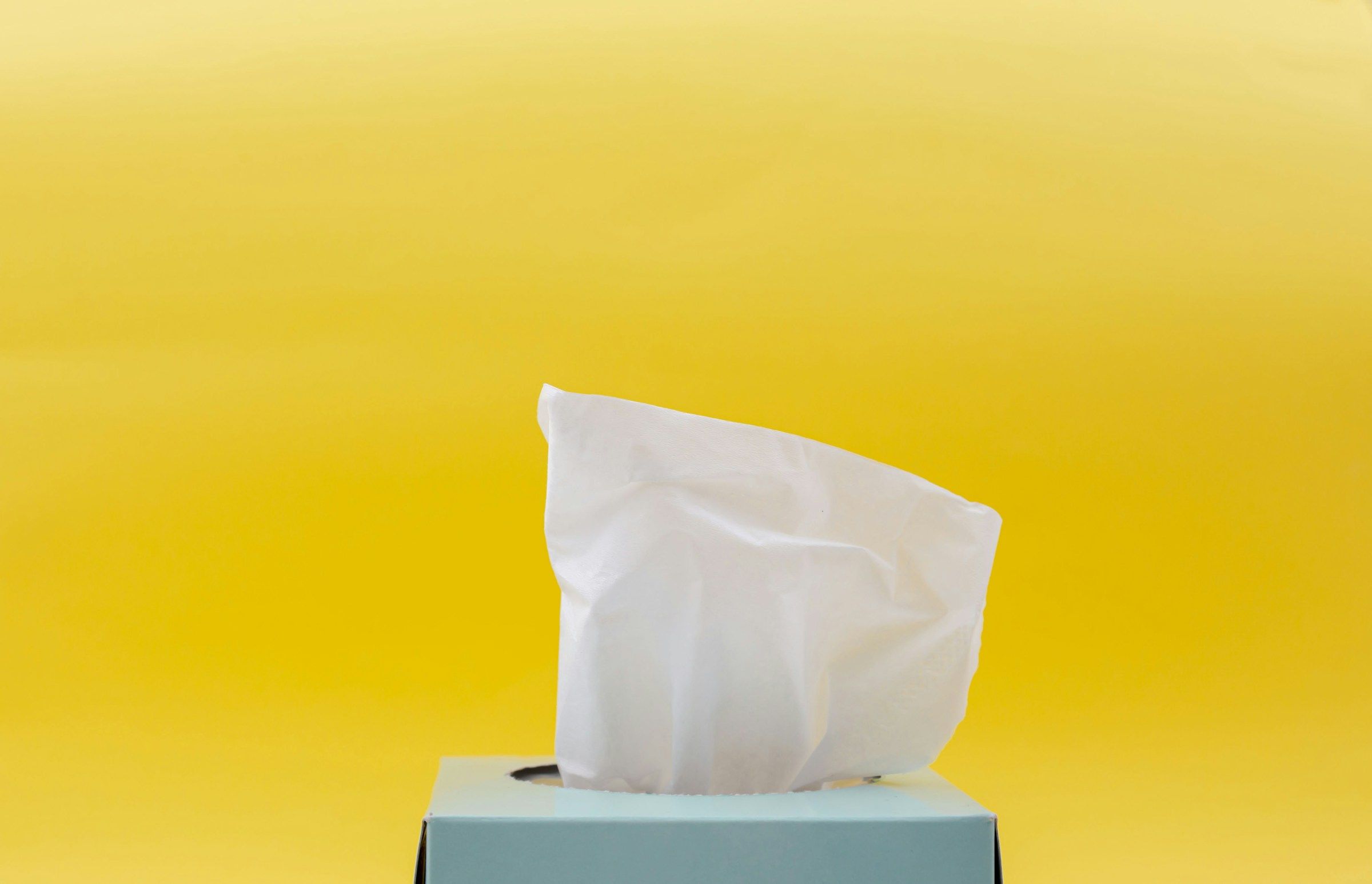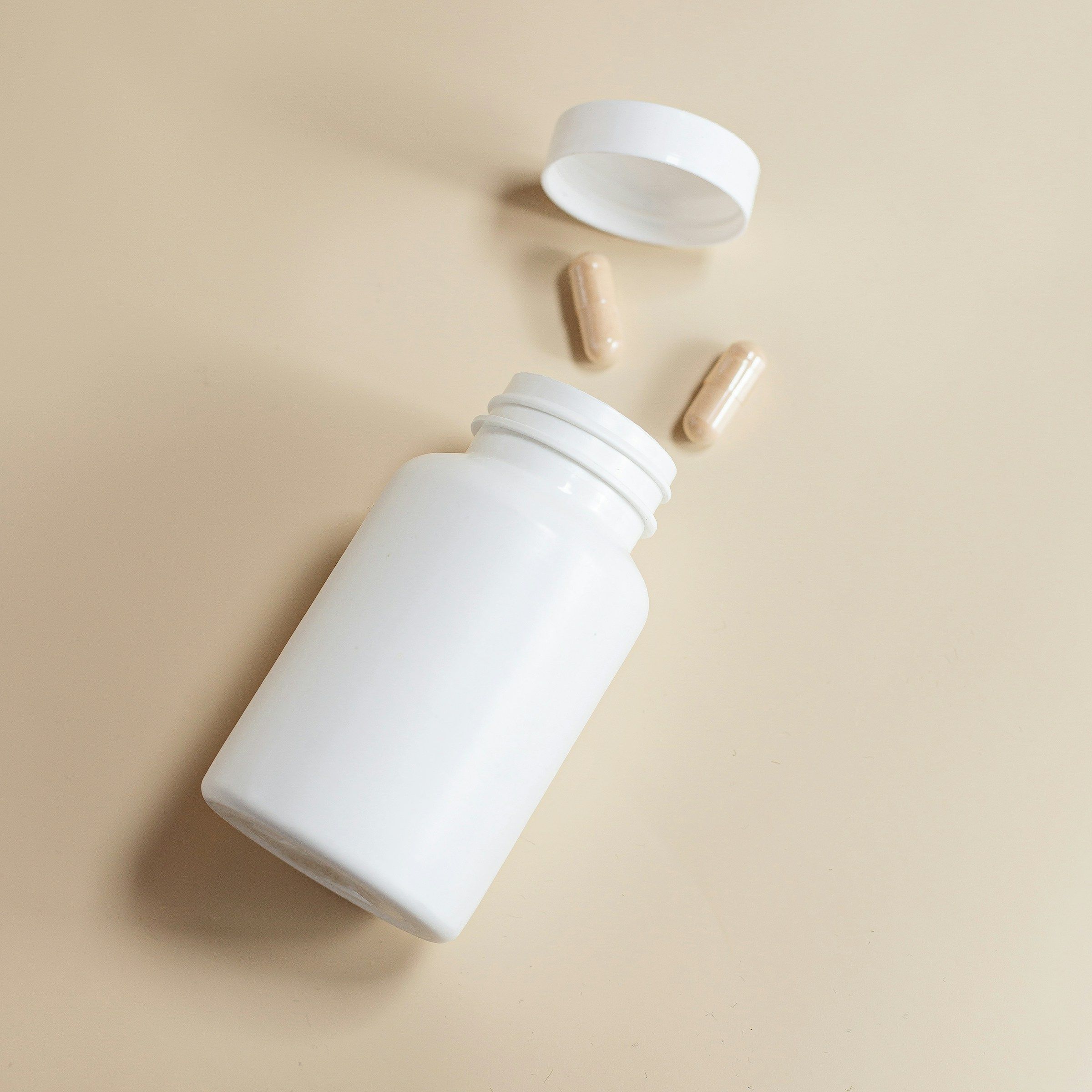Doctor certified article
Is a Dry Nose After Rhinoplasty Normal?

If you’ve recently had rhinoplasty and are dealing with a dry nose, you’re probably wondering if this is normal and what you can do about it. Let’s dive into the details to help you understand what’s going on and how to manage it.
Is a dry nose after rhinoplasty normal?
Yes, having a dry nose after rhinoplasty is pretty common, especially in the first few days or weeks after surgery. It might feel uncomfortable, but it’s usually just part of the healing process. Your nose is adjusting after surgery, and this dryness is often temporary.
However, if the dryness doesn’t improve or gets worse, it’s a good idea to consult your surgeon for advice tailored to your specific situation.
What causes nasal dryness?
During rhinoplasty, the sensitive inner lining tissue inside your nose called the nasal mucosa, can get disrupted. This can lead to dryness and swelling because the surgery affects the usual moisture and mucus (a thick fluid) production in your nose.
Additionally, things like dry winter air, air conditioning, and heating can make the dryness worse. These factors can make your nose’s adjustment period more noticeable. But don't worry! Dryness fades as your nose heals. Think of it as your nose taking a short break from its usual job of keeping things moist, but it will get back to normal soon.
However, if you’re dealing with ongoing dryness along with other symptoms, it could be a sign of a rare condition called Empty Nose Syndrome (ENS).
What is Empty Nose Syndrome (ENS)?
ENS occurs when the nasal passages become too open and can’t properly humidify or filter the air. People with ENS often feel like their nose is “empty” even though it looks open.
Here’s what you might notice with ENS:
- Constant dryness that doesn’t get better with usual treatments.
- Difficulty breathing, even though your nose feels clear.
- A feeling of blockage despite clear nasal passages.
- A reduced sense of smell.
- Nosebleeds from dryness and crusting.
- Headaches or facial pain due to changes in airflow.
- Anxiety or sleep issues from the constant discomfort.
What causes ENS?
Now, you might be asking, "Why does this happen?"
ENS is a bit of a medical mystery. Doctors know it’s linked to surgeries that change or remove parts of the nasal passages called turbinates. Turbinates are like little shelves inside your nose that help control airflow and keep the air moist. When these structures are altered or removed, the nose might struggle to function properly. However, not everyone who has this type of surgery gets ENS, which makes it tricky to figure out exactly why some people end up with it.
Diagnosis of ENS
Figuring out if you have ENS can be tough because its symptoms can look a lot like other issues, such as long-term sinus inflammation or allergic reaction.
To diagnose ENS, your doctor might:
- Use an endoscope (a thin tube with a light and camera) to examine your nose.
- Perform CT scans to look at your nasal passages.
- Rule out other conditions before confirming ENS.
Treatment and management of dry nose
Whether your dry nose is from surgery or ENS, managing it involves a few different strategies to improve comfort and nasal function:
At-home remedies
- Saline sprays and Nasal rinses: These keep your nose moist and clear away irritants.
- Humidifiers: Adding moisture to the air can help with dryness.
- Hydration: Drink plenty of water and cut down on caffeine to stay hydrated.
Medications
- Mucolytic drugs: Medications like GeloMyrtol help thin mucus, which can make it easier to keep your nasal passages moist.
- Topical treatments: Your doctor might suggest ointments or gels that help keep your nose moist.
Surgical interventions
- For those with ENS, further surgery might be needed to restore normal nasal function. This could involve using implants or other techniques to add bulk to the remaining nasal tissue. At Quality Care Global (QCG), we help you find experienced surgeons worldwide.
Psychological support
- Given how much ENS can affect your quality of life, psychological support can be important. Therapy can help manage the emotional and mental impacts of living with ENS.
Preventive measures
To prevent excessive dryness or reduce the risk of ENS:
- Stick to your surgeon’s care instructions to avoid complications.
- Use a humidifier and avoid overly dry environments.
- Use products designed to keep your nasal passages moist.
Bottom line
To sum it up, while a dry nose after rhinoplasty is usually normal, it's important to pay attention to your body. If your symptoms persist or get worse, it might be time to check if ENS is the cause. Working closely with healthcare providers who understand ENS is crucial for finding relief and managing your symptoms effectively.
Remember, your health is important, so don’t hesitate to seek advice if something doesn’t feel right.

